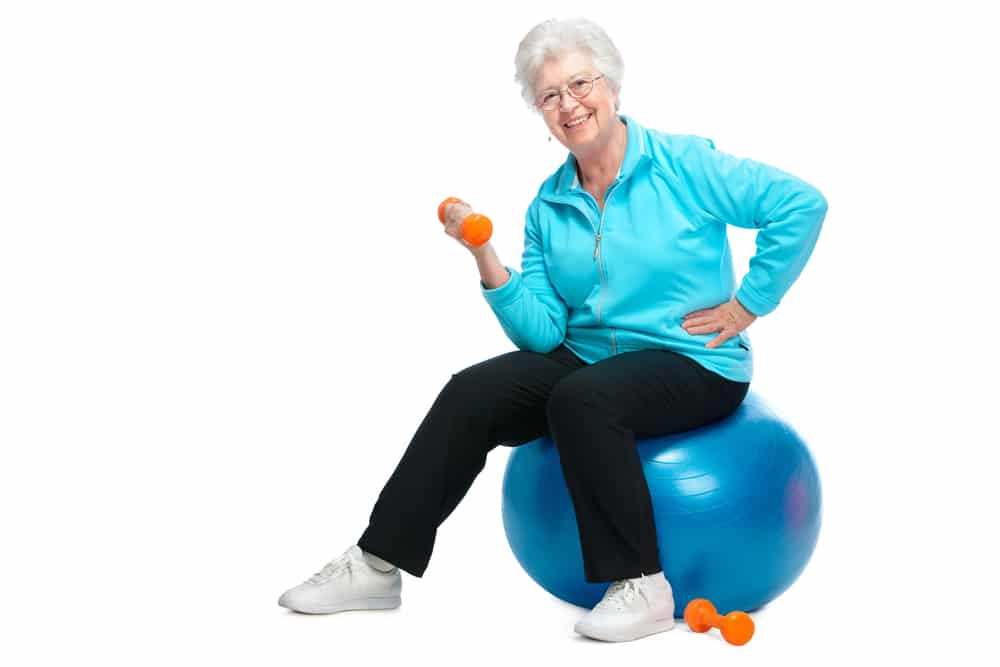In the pursuit of healthy aging, regular physical activity emerges as a cornerstone for reducing the risk of dementia. Let’s delve into the compelling evidence that highlights the profound impact of exercise on cognitive health and well-being. According to the Alzheimer’s Society, physical activity can help reduce the risk of dementia.
Here are several recommendations for decreasing your risk of dementia through physical activity.
-
Addressing the Risk:
A sedentary lifestyle significantly heightens the risk of developing dementia, making physical inactivity a critical factor to address. Studies consistently demonstrate that individuals who engage in regular exercise experience improvements in cognitive function and a reduced incidence of dementia.
-
Exercise as a Protective Measure:
Embracing a routine of regular exercise can substantially lower the risk of dementia. Research indicates that engaging in physical activity can reduce the overall risk of dementia by approximately 28%, with an even more pronounced risk reduction of 45% for Alzheimer’s disease specifically. These findings underscore the profound benefits of incorporating exercise into daily life for long-term cognitive health.
-
Diverse Forms of Physical Activity:
Physical activity encompasses a broad spectrum of movements, ranging from aerobic exercises to strength-building activities. Aerobic exercises, characterized by increased heart rate and sustained movement, play a pivotal role in maintaining cardiovascular health and promoting brain function. Strength-building activities, on the other hand, enhance muscle strength and stability, offering additional protection against cognitive decline.
-
Aerobic Activity:
Moderate-intensity aerobic exercises such as brisk walking, swimming, and cycling elevate heart rate and enhance blood circulation, fostering optimal brain health. Incorporating vigorous aerobic activities like running and tennis further amplifies the cognitive benefits, providing a comprehensive approach to maintaining brain function.
-
Strength-Building Activity:
Strength-building activities, including weightlifting, yoga, and Pilates, bolster muscular strength and promote overall physical well-being. These activities not only improve muscle tone but also regulate blood sugar levels, mitigating the risk factors associated with dementia, such as diabetes.
-
Strategies for Engagement:
Embarking on a journey of physical activity may seem daunting, but there are numerous strategies to facilitate engagement and adherence. Finding activities that align with personal interests and preferences is key to sustaining long-term participation. Additionally, leveraging wearable fitness trackers, workout apps, and group activities can enhance motivation and accountability, fostering a supportive environment for active living.
-
Insights from Research:
Extensive research underscores the profound impact of exercise on cognitive function and dementia risk reduction. Longitudinal studies reveal that individuals adhering to regular exercise regimes exhibit enhanced cognitive abilities and reduced brain shrinkage compared to sedentary counterparts. Moreover, exercise interventions demonstrate promising outcomes in preserving memory and thinking skills, offering a compelling avenue for combating cognitive decline.
-
Future Directions:
While current research provides compelling evidence supporting the role of physical activity in dementia prevention, ongoing studies seek to elucidate optimal exercise regimens and their long-term effects on cognitive health. Future research endeavors aim to explore the interplay between exercise intensity, duration, and dementia risk reduction, paving the way for tailored interventions and personalized strategies for healthy aging.
Prioritizing physical activity emerges as a cornerstone for mitigating dementia risk and promoting cognitive vitality in later life. By embracing a lifestyle characterized by regular exercise and movement, individuals can safeguard their brain health and embark on a journey of healthy aging with confidence and resilience. One way seniors can ensure to follow through with these recommendations is to be part of a vibrant social community like the one here at Baxter Senior Living–one where community residents can enjoy physical activity but do so with other like-minded friends.

